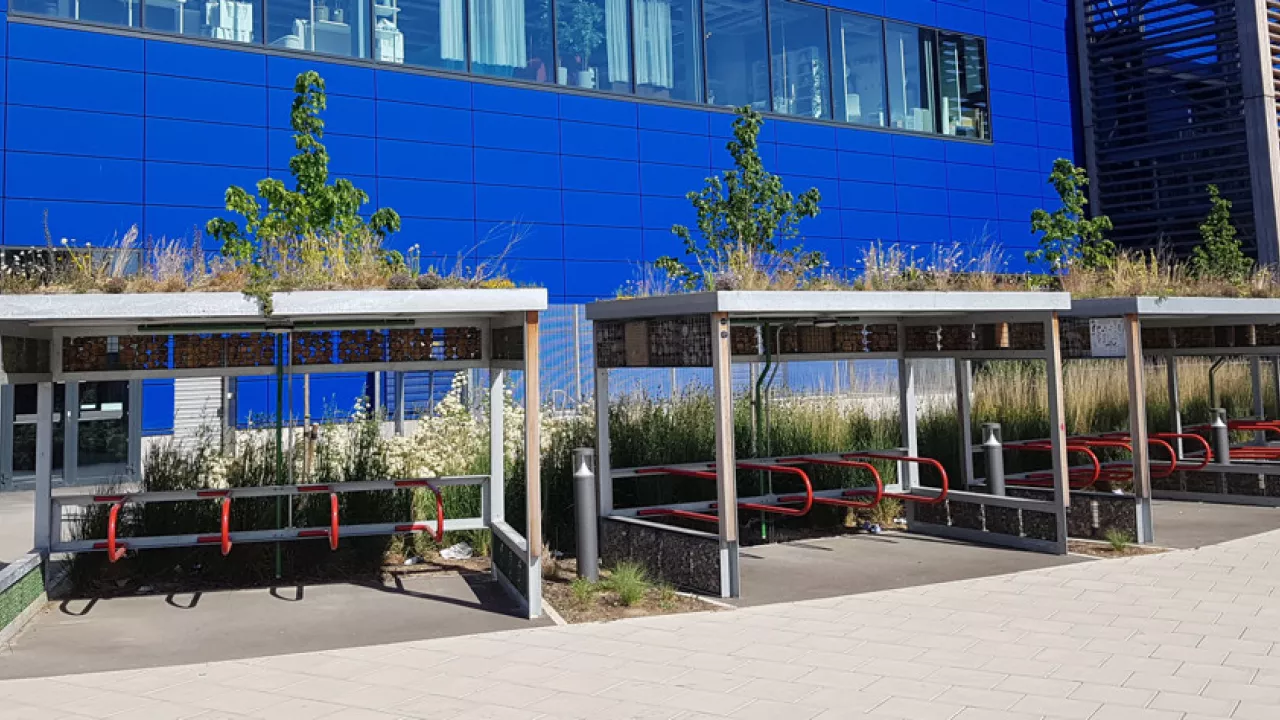- Home
- Our research
- Sustainability Research Institute (SRI)
- Our Projects
Our Projects

Our cutting edge research projects address key issues in sustainable innovation and build on our multi-disciplinary expertise.
Hero Carousel

Our cutting edge research projects address key issues in sustainable innovation and build on our multi-disciplinary expertise.
The SRI's projects come under one of four thematic focuses. Find out more using the links below.
Blue/Green Infrastructure
How we conserve and manage our green infrastructure assets is critical to the sustainability and resilience of our rural and urban environments.
Find out more about blue green infrastructure
Sustainable Society
Ensuring that the SRI's projects and research can benefit and support local communities and businesses permeates all our work.
Find out more about sustainable society
Sustainable Materials and Resources
The SRI's research focuses on the optimal utilisation of resources and reuse of waste materials.
Sustainable Materials and Resources
Business Support
The SRI works directly with businesses to provide valuable support. We’ve worked with a wide range of businesses to support decarbonisation and the green transition.
Business Support